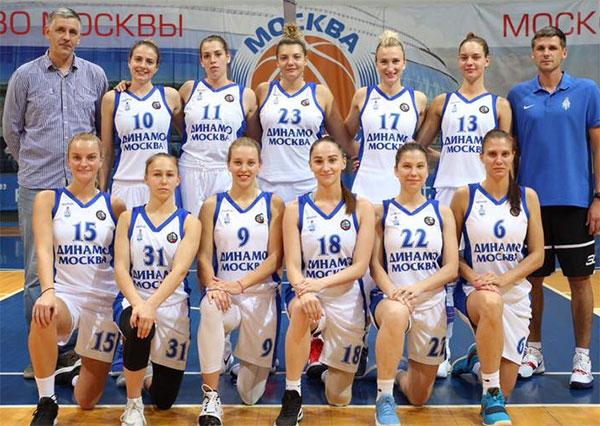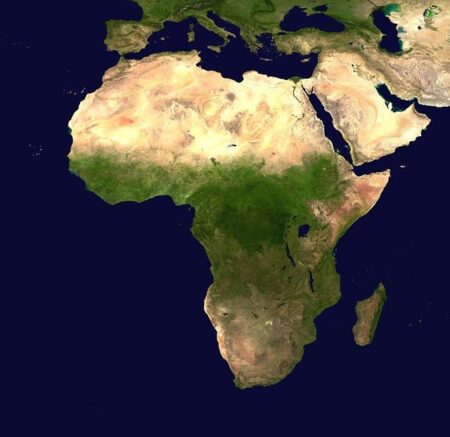In a surprising turn of events impacting the Basketball Africa League (BAL), Burundian club Dynamo has officially withdrawn from the tournament, citing ongoing tensions related to political protests in neighboring Rwanda.This decision underscores the complex interplay between sports and regional politics in East Africa, highlighting how external factors can influence participation in major sporting events. Dynamo’s withdrawal not only raises questions about the stability of the BAL but also reflects the broader challenges faced by athletes and teams amidst a backdrop of sociopolitical unrest in the region. As stakeholders in basketball and beyond react to this development, the implications for both the league and the sporting community in Africa warrant careful examination.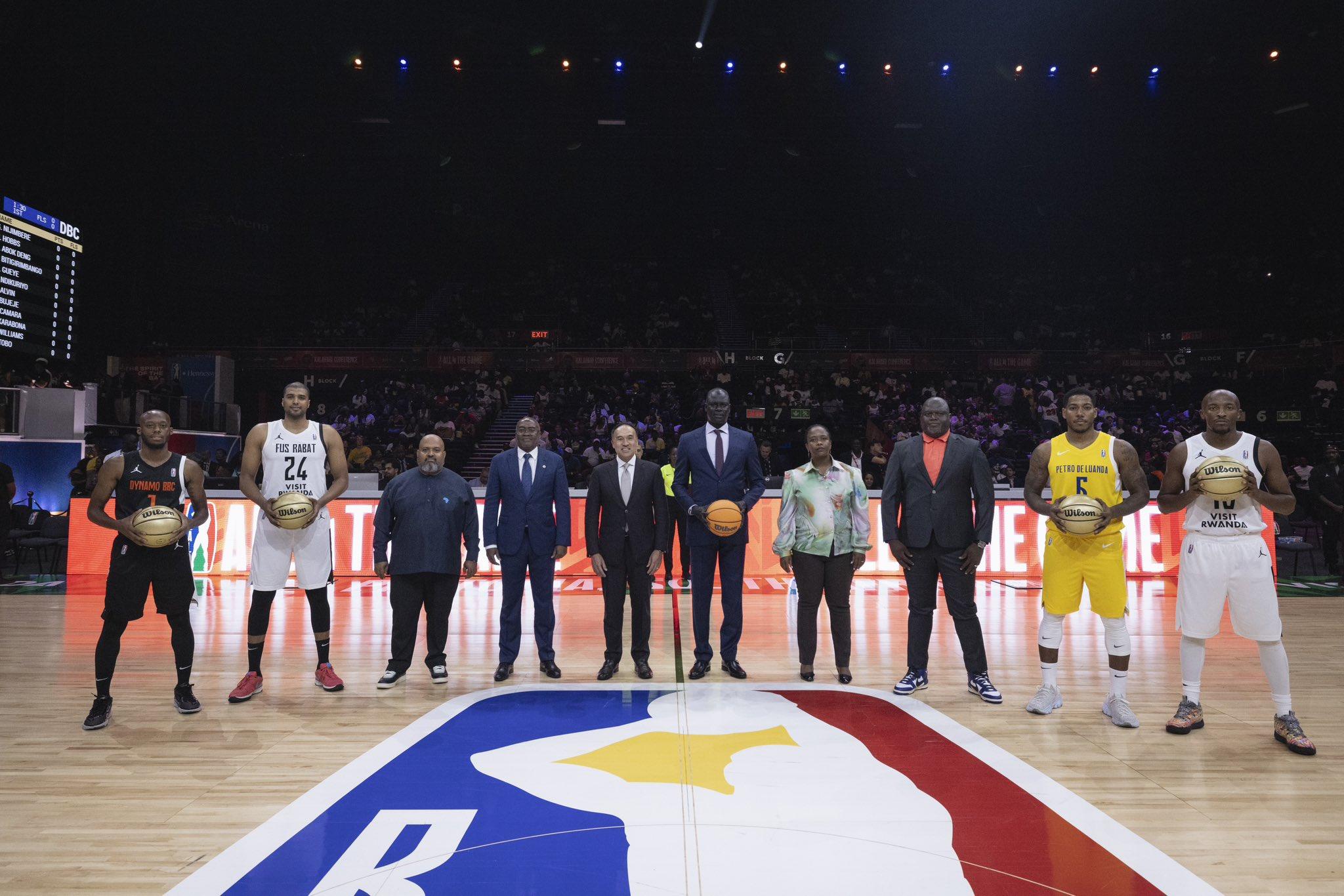
Burundian Basketball Club Dynamo Takes a Stand Against Regional Tensions
The decision by the Burundian basketball club Dynamo to withdraw from the Basketball Africa League is a powerful statement amidst ongoing regional tensions, notably concerning their relationship with Rwanda. The club’s management cited various factors influencing this move, primarily focusing on solidarity with the Burundian populace and a deep commitment to peace. This action not only reflects the club‚Äôs stance against the backdrop of past conflicts but also positions its players as advocates for unity and dialog,transcending the realm of sports.
In light of these developments, Dynamo aims to promote a broader conversation about the role of sports in conflict resolution and community engagement. The following points summarize their motivations and the implications of their withdrawal:
- Advocacy for Peace: Dynamo highlights the importance of dialogue over discord.
- Solidarity with Citizens: The club emphasizes the need to stand with the Burundian people during challenging times.
- Focus on Development: The withdrawal allows the team to concentrate on local talent and community-building initiatives.
Furthermore, Dynamo’s management has expressed ambitions to channel its resources toward fostering better relationships within the region and enhancing local basketball leagues. This initiative could serve as a model for other sports organizations grappling with similar geopolitical challenges.

The Implications of Dynamo’s Withdrawal for the Basketball Africa League
The withdrawal of Dynamo from the basketball Africa League (BAL) reverberates beyond the realm of sports, echoing the political tensions present in the region. The club’s decision stems from a protest against the Rwandan government, signaling a critically important intersection of sports with socio-political issues. This move highlights how geopolitical climates can affect sporting events, particularly in leagues aiming for continental unity. The BAL, designed to showcase African talent and foster regional collaboration, may now face challenges in maintaining its integrity and reputation. The absence of Dynamo not only alters competition dynamics but also raises concerns about other clubs potentially following suit due to similar pressures.
Along with affecting the competitive landscape, Dynamo’s withdrawal brings to light the broader implications for regional athletics associations and their governance. Stakeholders in the league must consider several factors moving forward:
- Increased Political Sensitivity: Future tournaments may require careful navigation of political sentiments.
- Impact on Fan Engagement: The dynamics of fan loyalty could shift if clubs are seen as aligning with certain political agendas.
- Future Sponsorship Deals: Corporate partners may reconsider their involvement in light of regional instability.
- League Image: The BAL’s reputation as a unifying platform for African basketball could be jeopardized.
| Factor | potential Impact |
|---|---|
| Dynasty of Domestic Leagues | Heightened scrutiny and possible divisions. |
| Player Morale | Concerns over safety and political alignment. |
| Future Investments | Varying levels of interest from international investors. |
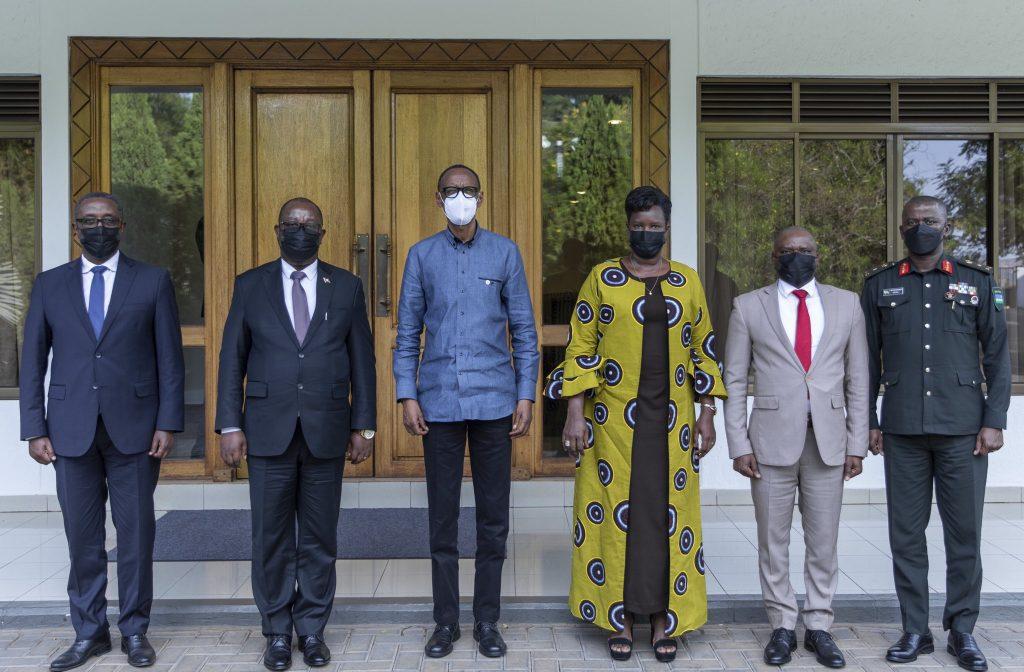
Understanding the Historical Context of burundi-Rwanda Relations
The historical relationship between Burundi and Rwanda is marked by a complex interplay of ethnic divisions,colonial legacies,and civil strife. Both nations were once governed as a part of German East Africa and later fell under Belgian control, which exacerbated tribal identities and competitions primarily between the Hutu and Tutsi populations. Independence movements in the mid-20th century led to significant conflict, culminating in tragic events such as the 1994 Rwandan Genocide, which reverberated throughout the region. In Burundi, ongoing violence has also shaped its national identity and has fostered a lingering distrust towards its neighbor, influencing diplomatic and social interactions.
recent incidents,such as the withdraw of the Burundian basketball club Dynamo from the Basketball Africa League due to protests against Rwanda,underscore the continued impact of historical grievances on contemporary relations. This decision reflects wider sentiments within Burundi regarding perceived injustices and political tensions stemming from the legacy of ethnic conflict. Factors that contribute to the complex dynamics include:
- Shared Ethnic tensions: The historic division between Hutu and Tutsi persists, complicating interactions.
- Political Rivalry: Leadership disputes and power grabs have further deepened divisions.
- Regional Influence: external actors often play a role, impacting the domestic policies of both nations.
- Economic Competition: Disparities in development can breed resentment, affecting cooperation initiatives.
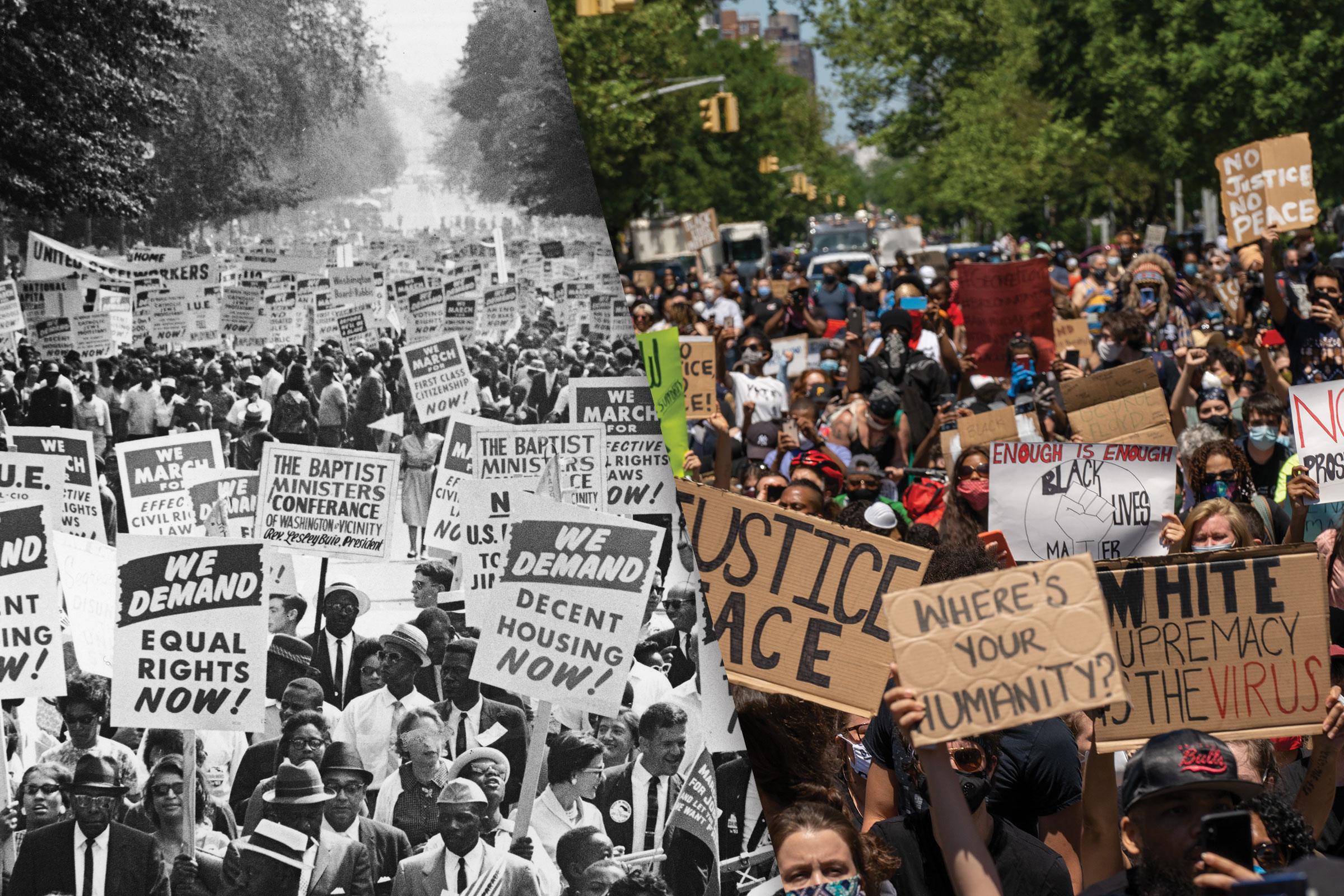
Expert Analysis: How Political protests Impact Sports in East Africa
The recent decision by burundian basketball club Dynamo to withdraw from the Basketball Africa League (BAL) serves as a stark illustration of how political tensions can ripple through the realm of sports in East Africa. This withdrawal, triggered by ongoing protests in Rwanda, highlights the intricate relationship between politics and sports in a region often marked by historical rivalries. Such actions not only affect the clubs involved but also symbolically resonate throughout the community,demonstrating the significant role that socio-political contexts play in the sporting landscape. Consequences of these withdrawals can include:
- Impact on team morale and cohesion
- Financial repercussions for both clubs and leagues
- Altered public perceptions of sports as a unifying force
Moreover, the ramifications of political unrest extend beyond immediate participation in games. The broader implications can lead to a lack of support and sponsorship, as businesses may hesitate to associate themselves with clubs embroiled in controversy.This scenario reflects a growing trend where sports organizations are compelled to navigate these complex socio-political landscapes, often prioritizing safety and public sentiment over competition. In response to these challenges, clubs and leagues may need to consider the following strategies:
| Strategy | Description |
|---|---|
| Engagement Initiatives | Promote peace and unity through sports events |
| Conflict Resolution | Establish dialogues between competing nations |
| Community support | Involve local communities in team activities to foster solidarity |
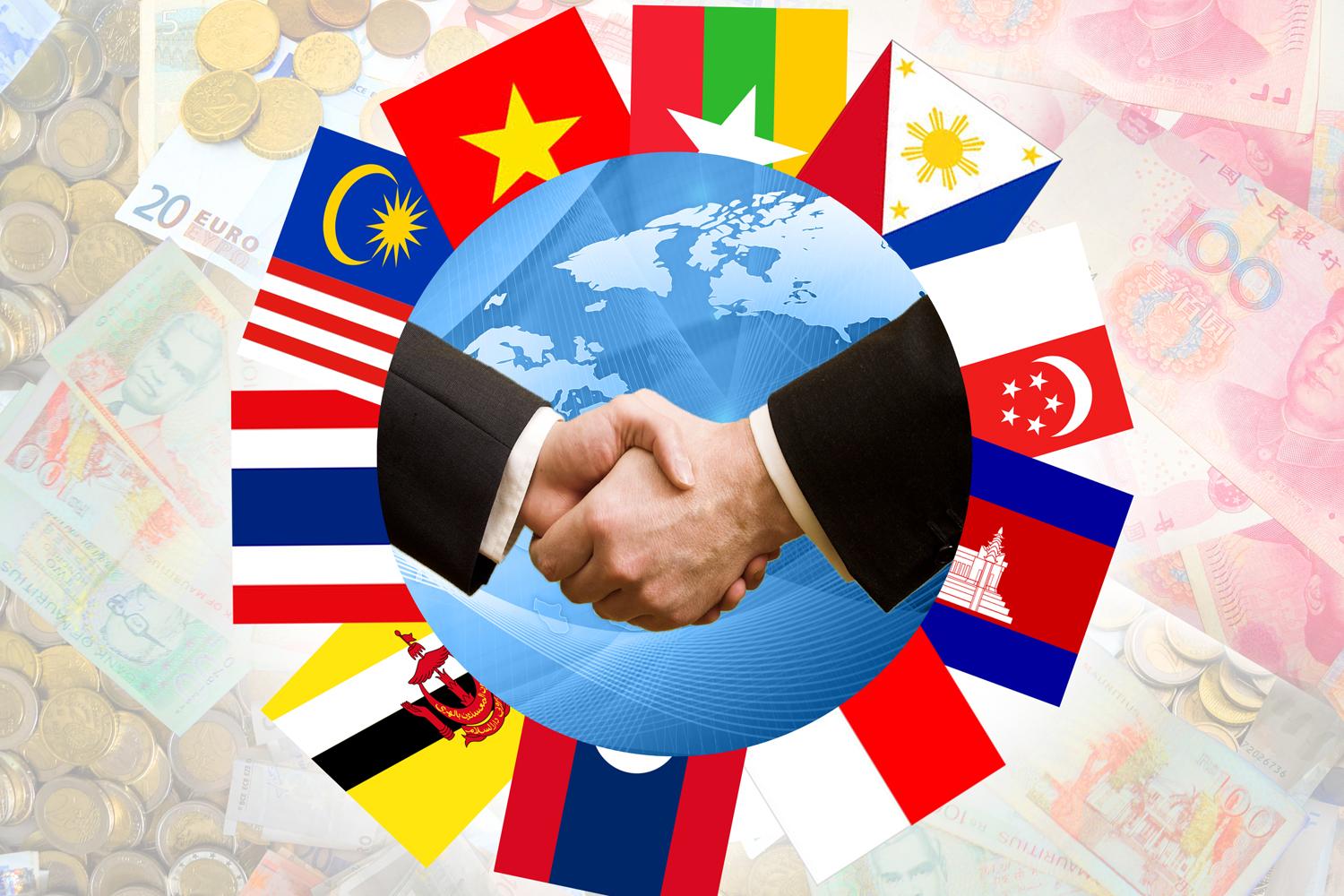
recommendations for Resolving Tensions and Promoting Regional Cooperation
To address the ongoing tensions and foster a more cooperative regional atmosphere, it is crucial for involved parties to take a proactive approach.Key strategies that could be implemented include:
- dialogue Initiatives: Establish regular communication channels between Burundian and Rwandan basketball associations to discuss grievances and work towards solutions.
- Joint Events: Organize amiable matches or basketball clinics that involve teams from both countries, focusing on building relationships between players and officials.
- Capacity Building: Promote programs that educate athletes and coaches about the values of sportsmanship and collaboration, emphasizing unity within the region.
- Cultural Exchange Programs: Facilitate exchange visits where teams can learn about each other’s cultures and practices, fostering mutual respect and understanding.
Furthermore, regional sports bodies should take the initiative to create an inclusive framework that emphasizes peace through sports. Such measures could involve:
- Neutral Mediation: Enlist third-party mediators who specialize in conflict resolution to help negotiate issues between the two nations’ basketball federations.
- Support from International Organizations: Leverage the assistance of bodies like FIBA to ensure that both nations receive equitable support in participation and development.
- Regular Monitoring: Establish a committee to regularly assess the state of regional cooperation and recommend improvements in response to arising challenges.
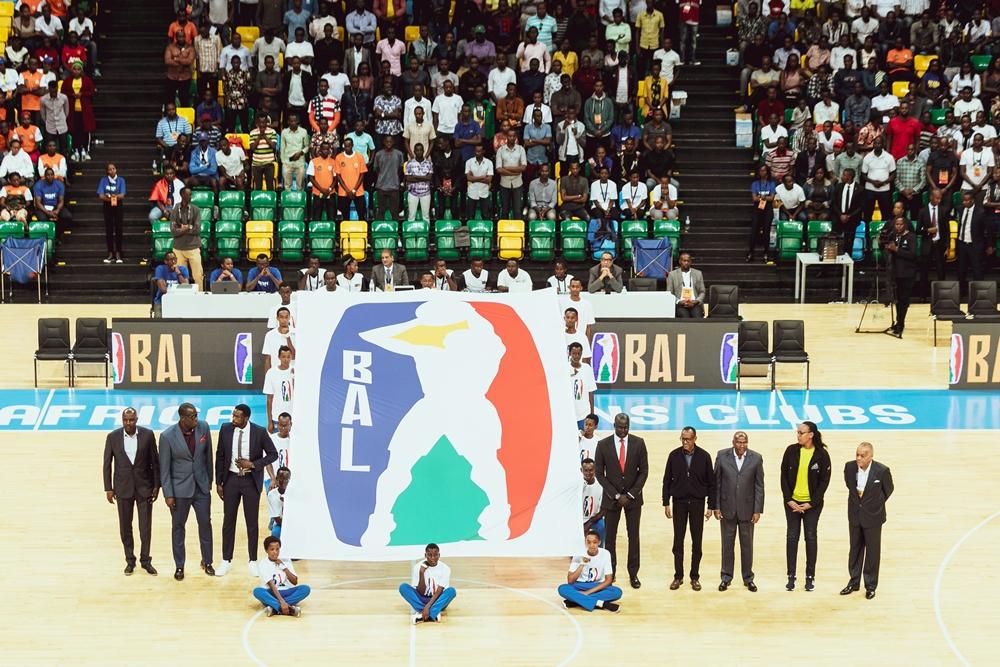
Future of the Basketball Africa League Amid Political Challenges in the Region
the recent decision by Burundian club Dynamo to withdraw from the Basketball Africa League highlights the complexities surrounding sports governance amidst ongoing political tensions in the region. This withdrawal not only affects Dynamo’s aspirations but also casts a shadow over the broader ambitions of the Basketball Africa League, which aims to unify and promote basketball talent across the continent. Such actions raise concerns about the impact of political challenges on the growth of sports as a unifying force in a region characterized by strife and conflict.
Experts suggest that for the Basketball Africa League to thrive in the future, it must navigate these delicate political landscapes effectively. Some recommended strategies include:
- Enhanced dialogue: Facilitate communication between clubs from politically sensitive nations to address grievances and foster understanding.
- Neutral venues: Explore hosting games in politically neutral locations to minimize tensions during matches.
- Support systems: Establish support for clubs facing external pressures, ensuring they can participate without fear of repercussions.
In considering these factors, it becomes evident that the league’s future success hinges on creating an surroundings where basketball can serve as a bridge rather than a barrier across politically divided nations.
In Retrospect
the withdrawal of Burundian club Dynamo from the Basketball Africa league highlights the complex interplay of sports and politics in the region. This decision,rooted in ongoing tensions and protests related to relations between Burundi and Rwanda,brings to the forefront the broader implications for regional cooperation and the spirit of competition within African basketball. As the league continues to evolve, the hope remains that such conflicts can be resolved through dialogue, enabling all stakeholders to focus on the unifying power of sport. The incident serves as a reminder of the need for continued efforts towards peace and solidarity in the great Lakes region, illustrating how intertwined social and political dynamics can profoundly impact sporting events and initiatives.

